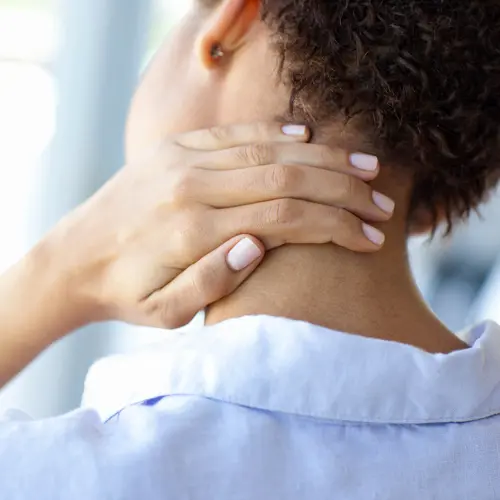When you’re taking opioid medications to relieve pain, you might feel one of these drugs’ most common side effects: constipation. It can be a serious problem, but you don’t have to just grin and bear it. Treatments can give you relief and make it easier to keep taking your pain medicine.
Changes to your diet and other habits may help, but some people on opioids will also need to take medications to keep their bowel movements regular.
Opioid Constipation Relief
The most important thing you can do is to talk with your doctor about your constipation and how you can feel better. There are several treatment options and lifestyle changes they may suggest, including:
Laxatives and stool softeners. These are the first things most doctors recommend. They're the same meds that anyone with constipation might use. Your doctor may suggest you take one before you even have the problem to prevent it.
Stool softeners make hard, dry waste easier to pass out of your body. Laxatives help your bowels move the stools out. You can buy many of these treatments over the counter. Ask your doctor or a pharmacist which ones may be best for you and how long you’ll need to take them.
They'll start working after a few hours or a couple of days, depending on which laxative or stool softener you use.
Drink more water. Dehydration is one reason many people get constipated, and opioids can make it worse. Plus, it can be tough to get the amount of fluids your body needs when you’re in pain.
Try to drink more water throughout the day, even if you sip a little at a time. Hot liquids, like coffee, tea, or broth, can get things moving, too. You can also suck on ice chips or eat foods with a lot of water, like watermelon or berries.
Eat more fiber. It can help keep your bowels regular. One kind of fiber, the "soluble" type, is especially helpful for opioid constipation. You can get it in foods that get soft when you add water to them, like oatmeal, barley, and flax. You can also get fiber from fruits (especially prunes and even warm prune juice), vegetables, whole grains, seeds, and nuts.
Don't use fiber products that have psyllium. They can make opioid constipation worse.
Get active. If you can exercise, go for it. No matter the cause of constipation, physical activity will get your bowels moving. Even a little bit of gentle movement can help. Try 10 minutes of walking, some light stretches, or doing chores around the house. Talk with your doctor about what kind of activity might work for you.
Stick to a routine. Try to go to the bathroom at the same time every day. For many people, it’s in the morning after breakfast. And make sure you have a place to go that feels private.
If you feel like going, don't wait. That can make constipation worse.
Rectal suppositories and enemas. Rectal suppositories are laxatives that you put inside your bottom, where they dissolve and your body absorbs their medicine. An enema is a liquid that you flush into your bottom to clean out your colon.
These treatments can help, but doctors don’t often recommend them since they’re uncomfortable. As a last resort, your doctor or nurse may use a gloved finger to get stool out.
Drugs for opioid constipation. When these measures aren't enough, your doctor may prescribe a medication that’s made for people who have constipation because of opioids. These meds work by blocking the effects that the drugs have on your gut:
- Lubiprostone (Amitiza), a pill
- Methylnaltrexone (Relistor), a shot
- Naldemedine (Symproic), a pill
- Naloxegol (Movantik), a pill
Should You Try a Different Opioid?
Are there pain medications that do not cause constipation? In fact, all opioids can cause constipation, but some may have less of an effect than others.
Some studies have found that patches such as fentanyl and buprenorphine may cause less constipation than morphine you take by mouth. Tapentadol may also be easier on your intestines than oxycodone.
Talk to your doctor about which drugs will give you the right balance of pain relief and fewer side effects.
Try a Different Opioid
All opioids can cause constipation, but some may have less of an effect than others. Some studies have found that fentanyl may cause less constipation than morphine. Tapentadol may also be easier on your intestines than oxycodone. Methadone may also be less constipating.
Talk to your doctor about which drugs will give you the right balance of pain relief and fewer side effects.
Other Treatments
You can try options other than medicines to relieve constipation, too.
Rectal suppositories are laxatives that you put inside your bottom, where they dissolve and your body absorbs their medicine. An enema is a liquid that you flush into your bottom to clean out your colon.
These treatments can help, but doctors don’t often recommend them since they’re uncomfortable. As a last resort, your doctor or nurse may use a gloved finger to get stool out.
The most important thing you can do is to talk with your doctor about your constipation and how you can feel better.

